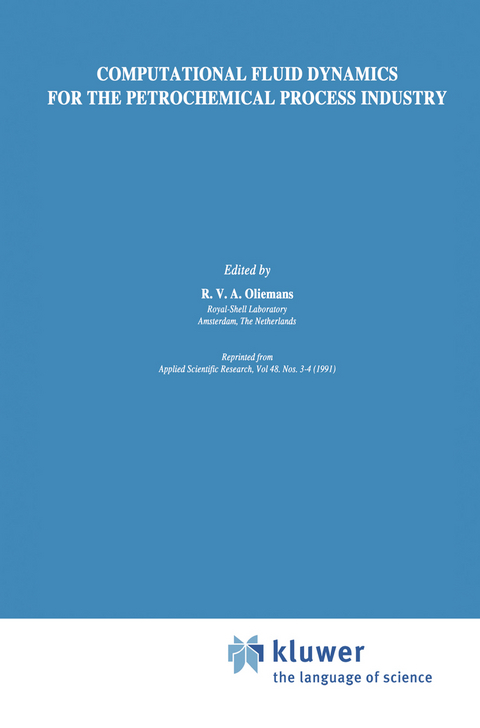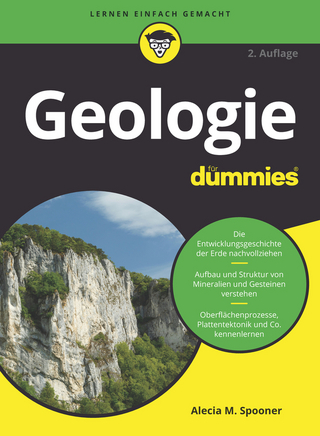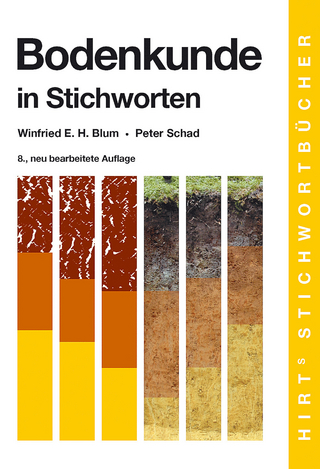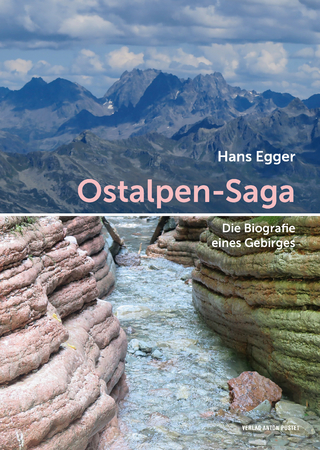
Computational Fluid Dynamics for the Petrochemical Process Industry
Seiten
2012
|
Softcover reprint of the original 1st ed. 1991
Springer (Verlag)
978-94-010-5612-0 (ISBN)
Springer (Verlag)
978-94-010-5612-0 (ISBN)
The second of the 1989 conferences in the Shell Conference Series, held from 10 to 12 December in the Netherlands and organized by Koninklijke/Shell-Laboratorium, Amsterdam, was on "Computational Fluid Dynamics for Petrochemical Process Equip ment". The objective was to generate a shared perspective on the subject with respect to its role in the design of equipment involving complex flows. The conference was attended by scientists from four Shell laboratories and experts from universities in the USA, France, Great Britain, Germany and The Netherlands. R. V. A. Oliemans, G. Ooms and T. M. M. Verheggen formed the organizing committee. Complexities in fluid flow may arise from equipment geometry and/or the fluids themselves, which can be mUlti-component, single-phase or multiphase. Pressure and temperature gradients and any reactivity of components in the flow stream can be additional factors. Four themes were addressed: turbulent reacting and non-reacting flow, dispersed multiphase flow, separated two-phase flow and fluid flow simulation tools. The capabilities and limitations of a sequence of turbulence flow models, from the relatively simple k-£ model to direct numerical simulation and large eddy turbulence flow models, were considered for a range of petrochemical process equipment. Flow stability aspects and the potential of cellular automata for the simulation of industrial flows also received attention. The papers published in this special issue of Applied Scientific Research provide a fair representation of the Computational Fluid Dynamics topics discussed in the context of their application to petrochemical process equipment.
CFD in research for the petrochemical industry.- Current capabilities for modelling turbulence in industrial flows.- Use of a Monte Carlo PDF method in a study of the influence of turbulent fluctuations on selectivity in a jet-stirred reactor.- Particle-laden turbulent flows: direct simulation and closure models.- Hydrodynamic scaling relationships for fluidisation.- Stability analysis of fluid-fluid interfaces.- Numerical analysis of secondary and tertiary states of fluid flow and their stability properties.- Separated flow modelling and interfacial transport phenomena.- Flow computation with lattice gases.- Large eddy simulation of turbulence in engineering applications.
| Zusatzinfo | VII, 235 p. |
|---|---|
| Verlagsort | Dordrecht |
| Sprache | englisch |
| Maße | 155 x 235 mm |
| Themenwelt | Naturwissenschaften ► Geowissenschaften ► Geologie |
| Naturwissenschaften ► Physik / Astronomie ► Mechanik | |
| Technik ► Elektrotechnik / Energietechnik | |
| ISBN-10 | 94-010-5612-9 / 9401056129 |
| ISBN-13 | 978-94-010-5612-0 / 9789401056120 |
| Zustand | Neuware |
| Haben Sie eine Frage zum Produkt? |
Mehr entdecken
aus dem Bereich
aus dem Bereich


